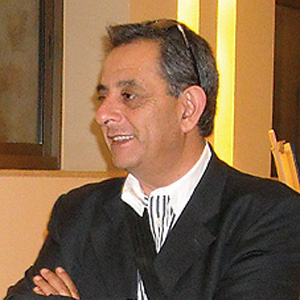When it comes to women’s issues in general and gender equality in particular, Palestine is neither Afghanistan (with all due respect), nor a Scandinavian country. Palestinian society has always been, and chances are it will remain, a conservative society. Customs and traditions are revered and, as we all know, genuine social change, which some call development, takes decades, if not centuries to happen. Not too long ago, one such change was put forward to be tested: enforcing a minimum age for a woman to get married. Many sectors of Palestinian society rejected the proposal vehemently. Nevertheless and for the most part, society accepts that women are getting an education, taking on employment, starting businesses, and, certainly, taking part in the resistance movement against the occupation. One has to bear in mind that Palestinian society is culturally diverse and includes Western-influenced, urban, and even cosmopolitan members in addition to some authentic cave-dwellers who have maintained their lifestyle since this part of the world was called Canaan.
Don’t get me wrong, I am not trying to paint a rosy picture of the status of Palestinian women. I am not even claiming the situation is acceptable, particularly when it comes to gender equality. The testimonies published in this current March issue of this Week in Palestine constitute not just evidence but moreover scream loudly that things are not okay. From domestic violence, to the abuse of women’s rights in inheritance disputes, Palestinian women bear heavy yokes not only due to a discriminatory, chauvinist, male-oriented society, but also because the brunt effect of political discrimination affects the weakest strata of society most. Double jeopardy, in other words. While husbands are away for long hours, striving to earn a living, women, along with their children, are increasingly bearing the responsibility of maintaining their families in addition to working in the fields, as is the case in many families living in rural areas.
Tough as they are, Palestinian women need our unrelenting support. But we must express our appreciation for the many local and international institutions that are working tirelessly to ensure the fulfillment of women’s rights, empower them, and do their best to alleviate the pain caused by the unjust and unfair conditions to which many women are subjected. These institutions frequently find themselves in the eye of a storm, faced with cruel attacks that can be verbal and even physical. Challenging cultural norms in an area where conservatism is spreading rapidly is never easy. To be fair, it’s easy neither in Palestine nor anywhere else in the world.
Long live Palestine


